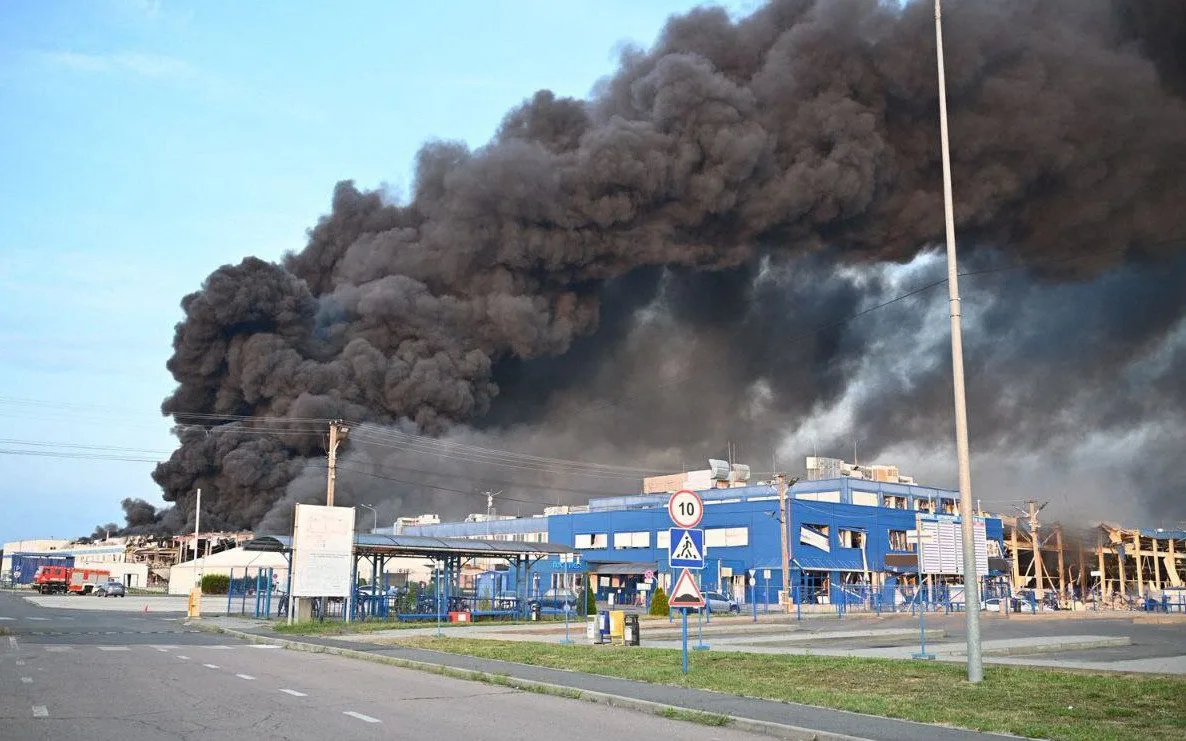Ukraine has accused Russia of launching one of its most extensive aerial bombardments of the war, striking far beyond the frontlines and hitting an American-owned electronics manufacturer in western Ukraine.
According to Ukraine’s air force, Russia fired 574 drones and 40 missiles overnight, concentrating on western regions like Zakarpattia and Lviv, far from the eastern and southern battlefronts. The barrage killed at least one person and wounded 15.
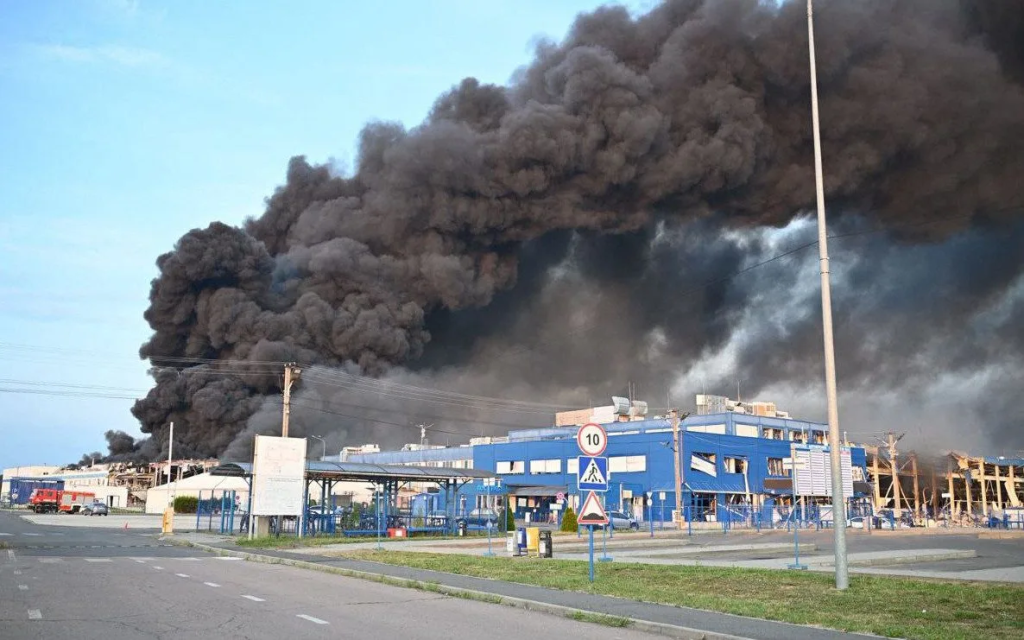
A major strike ignited a fire at a facility in Mukachevo belonging to Flex Ltd, a Texas-headquartered multinational that produces consumer and automotive electronics. Ukrainian officials said more than 600 people were inside at the time. President Volodymyr Zelensky condemned the attack, arguing that Russia deliberately targeted a civilian enterprise that makes everyday items, including coffee machines.
This marks the third-largest drone assault of 2025 and the eighth-largest missile strike, underscoring an escalation after weeks of reduced Russian activity. Poland scrambled fighter jets during the barrage near its border but reported no violation of its airspace.
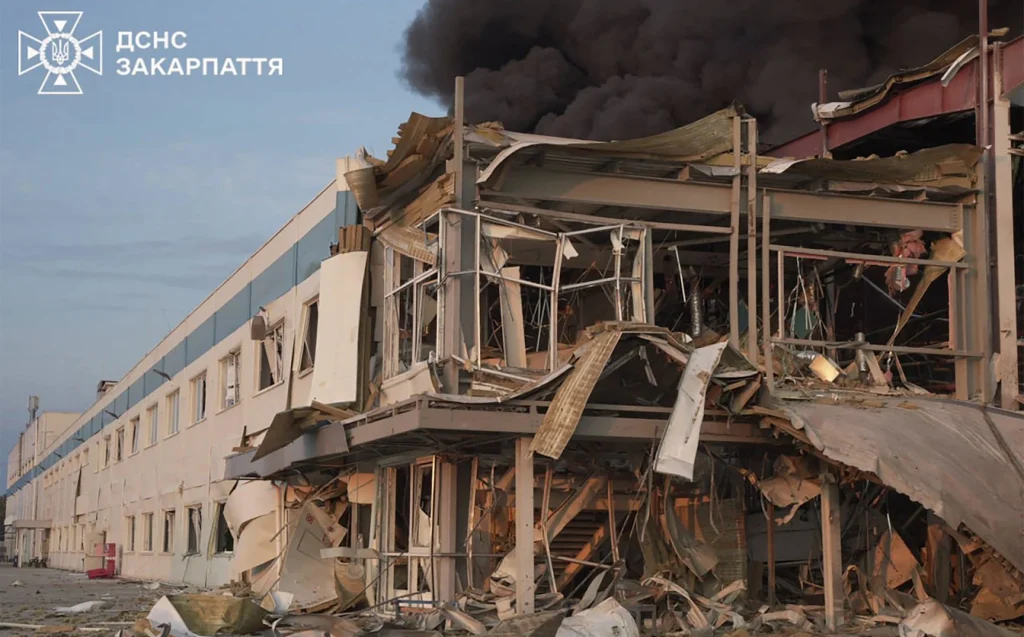
The attack came shortly after Russian President Vladimir Putin met U.S. President Donald Trump in Alaska to discuss a peace framework, which reportedly included Russia’s demand that Ukraine withdraw entirely from Donetsk. Zelensky dismissed the missile strikes as proof that Moscow is not serious about peace, urging allies to impose stronger sanctions and economic penalties.
Ukraine, meanwhile, struck back with drone and missile attacks on a Russian oil refinery in Novoshakhtinsk and a fuel depot in Voronezh. Zelensky also disclosed that Kyiv had successfully tested a new domestically developed long-range cruise missile, nicknamed the Flamingo, capable of hitting targets up to 3,000 km away. Mass production could begin as early as next year.
Diplomatic talks remain strained. Trump and Zelensky floated the idea of a trilateral peace summit with Putin, but the Russian leader suggested a direct bilateral meeting with Ukraine’s president first—something Zelensky immediately rejected. European leaders are now pushing for negotiations in a neutral venue such as Geneva.
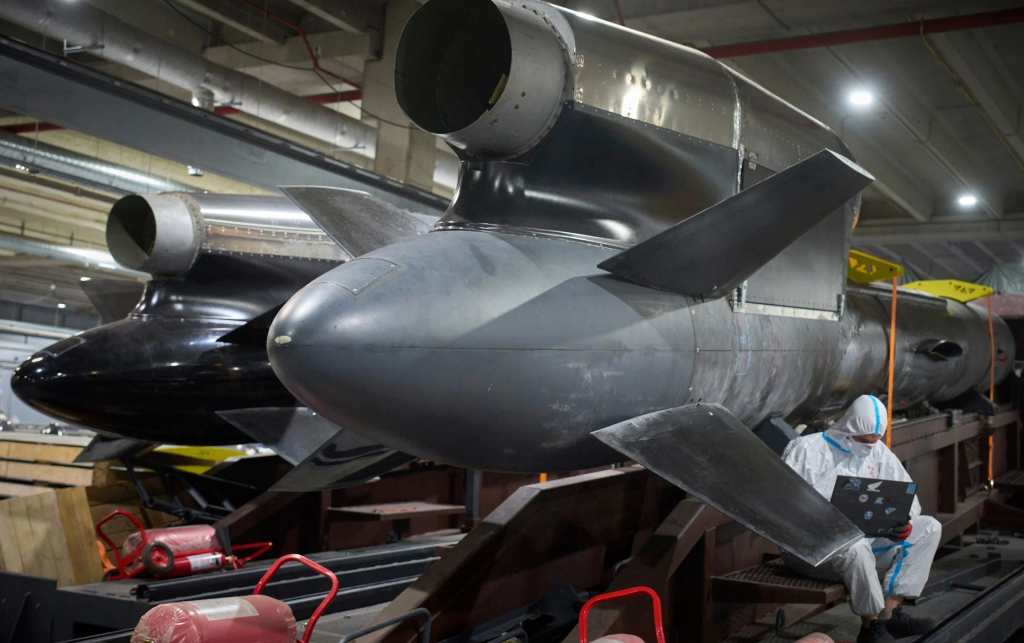
Security guarantees remain a sticking point. Ukraine seeks a framework similar to NATO’s Article 5, while Washington has hinted that Europe will bear most of the military burden, with the U.S. potentially reinforcing regional air defense. Russia’s foreign minister, Sergei Lavrov, called any deployment of European forces in Ukraine “absolutely unacceptable,” warning it could escalate the war. Moscow has also sought to involve China in a future security arrangement, but Zelensky dismissed Beijing’s role, citing its alignment with Russia and unwillingness to curb the invasion from the start.
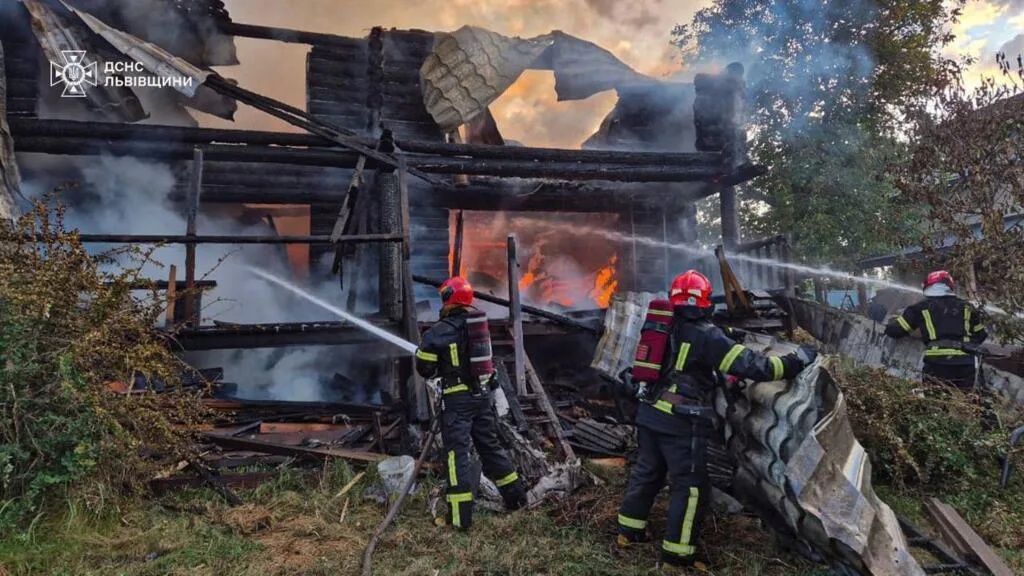
In a separate development, Italian authorities arrested a 49-year-old Ukrainian man, identified only as Serhii K, suspected of involvement in the 2022 Nord Stream pipeline sabotage. He was detained near Rimini and is expected to be extradited to Germany. No actor has yet claimed responsibility for the blasts, which crippled Russia-to-Europe gas flows and remain a point of contention between Moscow and the West.
Critical Notes
- The reported attack on an American-owned company raises the stakes, undermining Washington’s earlier claims that U.S. investments in Ukraine would deter Moscow.
- The timing of Russia’s strikes, coming immediately after high-profile diplomatic meetings, could be interpreted either as an attempt to gain leverage in peace talks—or as a sign the Kremlin is negotiating in bad faith.
- Ukraine’s unveiling of a 3,000 km-range missile adds a destabilizing factor, as it potentially brings targets deep within Russian territory into play.
- The arrest in Italy complicates narratives around the Nord Stream sabotage, an event both Russia and the West have used to accuse one another without presenting conclusive evidence.

